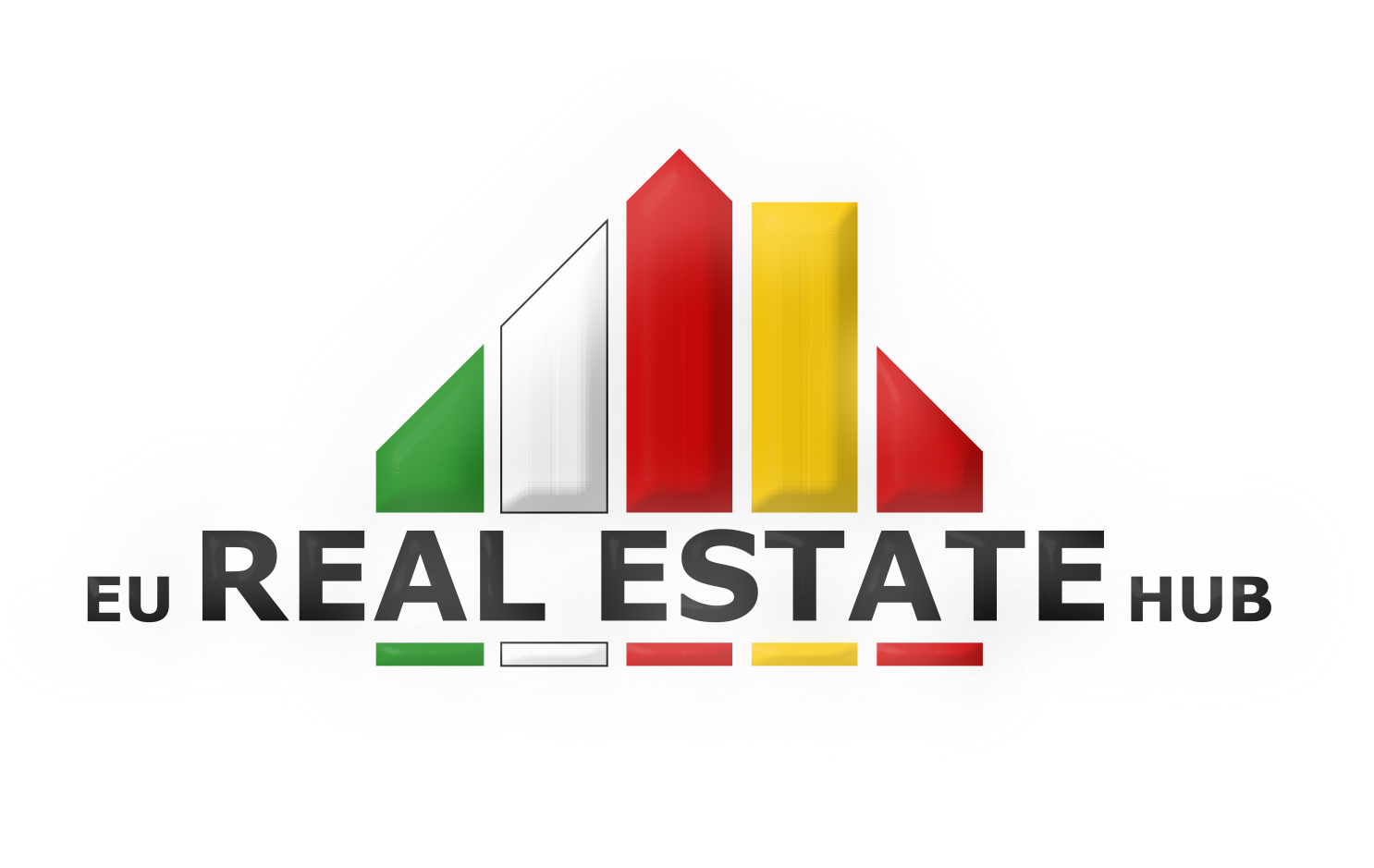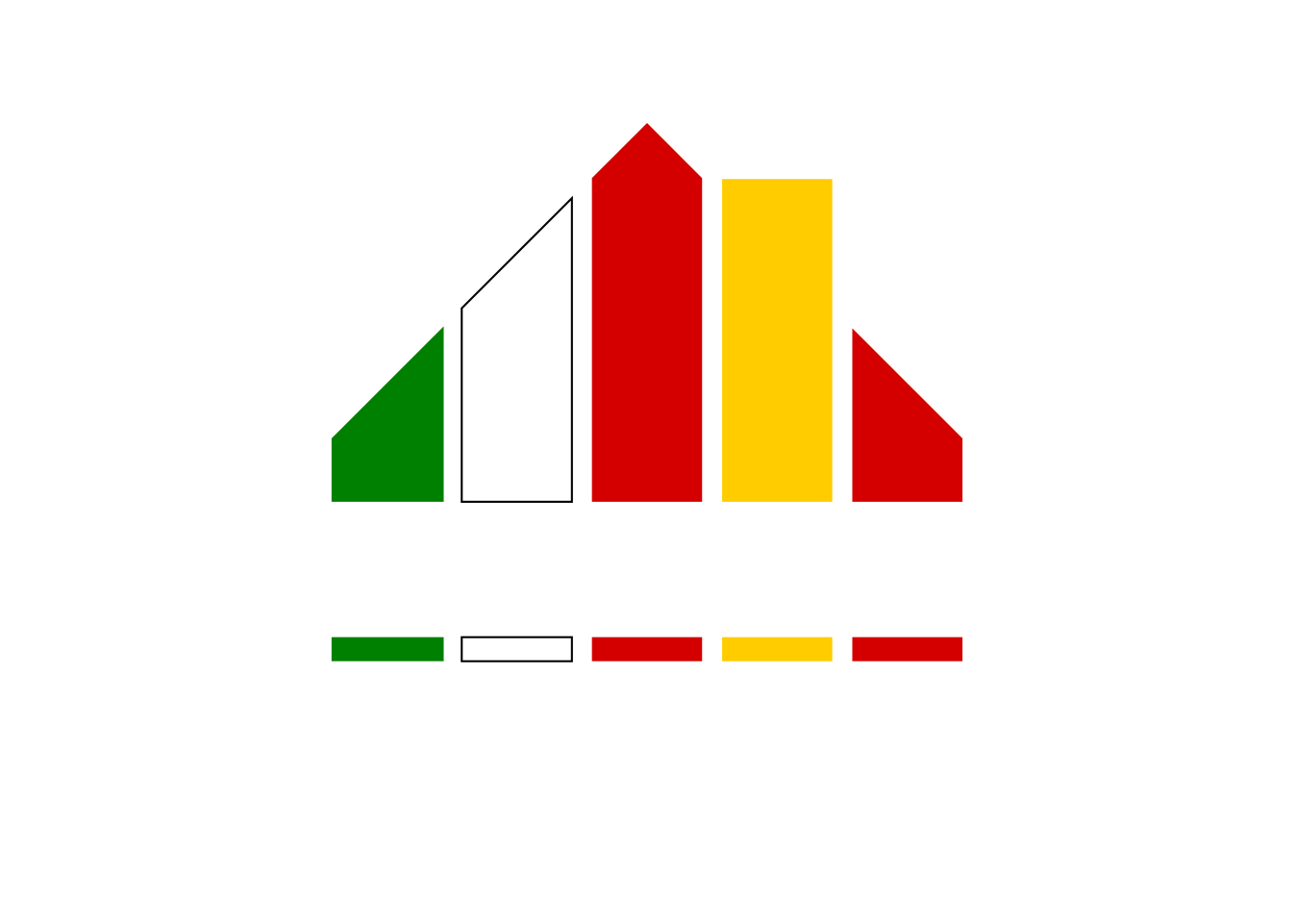- Home
- How to buy?
How to buy?
The process of purchasing real estate in Spain is relatively straightforward, though in certain aspects, it’s important to consider local conditions and market specifics.
Below is essential knowledge about the property purchase process in Spain, which will help you make decisions, estimate costs, and plan your next steps.
Buying Property in Spain Step by Step
Documents Needed to Purchase Property in Spain
- Spanish Tax Identification Number (NIE): When you decide to purchase and reserve a specific property, we will proceed with filing the documents to obtain an NIE number. Required documents:
- Proof of opening a bank account in Spain
- Passport or ID card
- Copy of the passport or ID card
Purchasing a Property on the Secondary Market
The first step is signing a preliminary agreement (a purchase agreement in Spanish), which guarantees the reservation of the property. Before signing, you will also receive an English version of this agreement.
A deposit paid at the signing of the preliminary agreement is usually between €3,000 and €6,000.
The preliminary agreement specifies the date of the notarial deed and the account to which a 10% deposit of the property value will be paid. A deposit is usually required if the meeting with the notary is scheduled more than a month after the reservation date.
The next step is signing the notarial deed, at which point the remaining property value is paid. The notarial deed is signed in Spanish, and a translator is arranged for the client if needed. Your lawyer can also be present. The names of all people attending the signing are included in the deed.
Purchasing a New Property – Primary Market
The process begins with signing a preliminary agreement (purchase-sale contract) between the client and the developer. A deposit, usually between €6,000 and €10,000, is paid at this point to reserve the property.
The preliminary agreement specifies the date when the client’s share (30-40%) is transferred to the developer’s account.
The date for the notarial signing depends on the project’s completion and key handover. Any mortgage is initiated upon receiving the keys and signing the notarial deed. The funds for the purchase do not have to come from a bank in your country; they can come from any international bank.
Whether purchasing on the secondary or primary market, if the buyer backs out, the deposit is kept by the seller. If the seller is at fault, they must return double the deposit (unless stated otherwise in the contract). The purchase agreement must be in the form of a notarial deed to be legally binding.
Mortgage Conditions
Spanish banks offer favorable mortgage terms for European investors. Here are some key details:
- You can obtain a mortgage for up to 70% of the property value (subject to bank approval); however, the bank can only finance the net value of the property, excluding taxes and related costs.
- Mortgage interest rates in Spain vary by bank and can be negotiated (we can assist you in negotiations). The average interest rate ranges from 4.5% to 5% per year and depends on the current EURIBOR rate and the bank’s margin.
- The loan can be spread over up to 30 years, with a maximum term up to the age of 75.
To obtain a mortgage in Spain, certain conditions must be met. For those working or conducting business in the UK or Ireland:
- Bank statements for the last three months
- Payslips from the last three pay periods
- Tax Return or P60
- NIE number
- Credit Report – Equifax or Experian (UK) or ICB (Ireland)
Our advisors will guide you professionally through the entire mortgage process. With the help of independent financial experts and strong connections with local banks, most mortgage applications we negotiate and handle are approved.
Taxes and Costs for Purchasing Property
The total costs of purchasing property in Spain are around 14% (when paying in cash) and 15% (when buying with a mortgage) of the property value.
These costs include transfer tax, notary fees, stamp duty, and registration in the land registry. In the case of a mortgage, there are additional costs such as property valuation and bank commission for opening the loan.
When paying in cash, all costs must be paid within 30 working days of signing the notarial deed.
If taking a mortgage, the bank requires that the funds for covering the purchase costs and the remaining amount of the property price are on the client’s private account linked to the mortgage at least one day before signing the notarial deed.
Spanish N.I.E. Number
If you decide to purchase and reserve a specific property, it’s necessary to apply for an NIE number. This is a simple and straightforward procedure. The NIE is a personal identification number assigned to foreigners (including residents) conducting financial transactions in Spain. This number is also essential for obtaining property ownership, paying taxes, signing contracts for utilities, buying and registering a car, and more. You can apply for an NIE at the Foreigners’ Department of the National Police (Policía Nacional).
To receive an NIE number, you need to provide:
- A valid passport or ID card + 2 copies of the document
- Two recent passport-style photos
- A completed application form (available at the office)
You will also need to specify the reason for applying for the document, e.g., purchasing a property, employment, or starting your own business.
Due to high demand for property in Spain, the waiting period for an NIE has significantly increased and can take up to 60 days, depending on the number of applications submitted in a particular area.
We can help make this process stress-free and faster. With our long-standing connections, we can reduce the waiting time for obtaining an NIE to as little as 7 days.
Property Maintenance Costs in Spain
The cost of maintaining a property in Spain, whether it’s a villa or an apartment, is relatively low.
For example, for a 60 m² apartment with two bedrooms and a living room, located in a community with a pool, the “comunidad” fee ranges between €30 and €60 per month, payable every six or twelve months.
In higher-end properties, with multiple pools, large tropical gardens, spa areas, and in exclusive locations, the fee can reach up to €100-€150 per month.
The main factor determining fees is the size and quality of the common areas in a given location, such as gardens and pools, the number of elevators, security presence, and the expanse of the grounds.
For a private home with a plot of land, there are no community fees unless the property is located in a complex with shared facilities.
In addition to the fees mentioned above, there is an annual property tax called “IBI,” which is determined by local authorities and varies depending on the property size and location. For an apartment of around 60 m² near Alicante, Torrevieja, or Orihuela Costa, the tax ranges between €200 and €300 per year. For a house of 180 m² on a 400 m² plot, the tax does not exceed €600.
Electricity bills are issued every two months, and water bills every three months (water bills also include waste collection, street cleaning, and street lighting, known as the “Basura Tax”). The cost of electricity is approximately €0.1526/kWh. On average, the electricity bill for two people in Spain is around €70 per month. If air conditioning is used, the bill can be around €120. The average water bill is €30 per month for two people, and slightly more with garden watering.
One significant factor contributing to lower community fees on Spain’s southern coasts is the warm climate. On the Costa Blanca and Costa del Sol, central heating is generally unnecessary as the weather is consistently warm. During the winter months, air conditioning or small heaters are sufficient.
(The administrative fee for obtaining an NIE is €10.)

